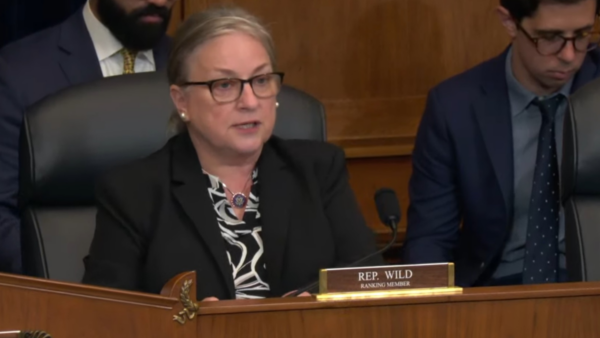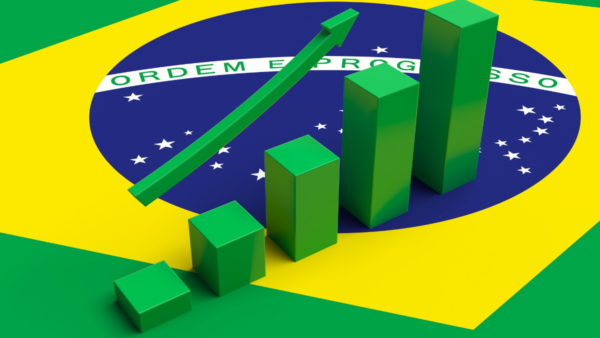Brazil’s Superior Electoral Court has banned Jair Bolsonaro from electoral politics for eight years, in a decision that was as consequential as it was unsurprising.
Since Mr. Bolsonaro lost the 2022 election on October 30, it seemed just a matter of time until his many transgressions came back to haunt him. The Brazilian Report has extensively covered the threats Mr. Bolsonaro posed to Brazilian democracy, how he managed to fend off punishment while serving as president, and how power brokers in Brazil reacted to his actions.
Here’s is a roadmap for you to understand how Mr. Bolsonaro went from the presidency to his current status as a political pariah:
Bringing fringe theories to the mainstream
- We highlighted Mr. Bolsonaro’s putschist tendencies back in the first half of his presidency, revealing in August 2020 that the former head of state had threatened military intervention several times. In March 2021, we heard from a Supreme Court justice that there were fears Mr. Bolsonaro was preparing a “front to remain in power in 2022, even if he loses the election.”
- In July 2021, Mr. Bolsonaro made his criticism of the electoral system more strident, declaring that “either we have clean elections in Brazil or we don’t have elections at all.” We invited experts Andre Pagliarini and Felipe Campante to discuss the risks of a Bolsonaro-led power grab.
- The then-president’s key issue in 2021 was a proposal to reinstate paper ballots in Brazil’s 100-percent electronic voting system, which he claimed was susceptible to fraud. We showed that, despite a complete lack of evidence, Mr. Bolsonaro’s allegations helped shift public opinion on the once-trusted ballot boxes. (And, in 2018, we published an op-ed explaining why the system is trustworthy after all.
A failed attempt to ease tensions
- In September 2021, then-Chief Electoral Justice Luís Roberto Barroso created an electoral transparency committee — inviting the Armed Forces, which were close to Mr. Bolsonaro, to join. It was an attempt to quell the former president’s disinformation campaign, but it backfired. The Armed Forces published a report raising a number of questions regarding how electronic machines works, most of which were baseless.
- “Working with confidence levels of over 99 percent, the Superior Electoral Court found no technical reason to follow the suggestions,” it said in a 35-page statement in which the court turned down the military’s “collaboration.”
Antagonizing electoral officials
- In August 2021, after largely looking on as Mr. Bolsonaro made his threats against the voting system, the Superior Electoral Court took its first stand against the then-president, launching an inquiry and asking the Supreme Court to include Mr. Bolsonaro in a probe into networks spreading misinformation online.
- In July 2022, the event that ultimately rendered Mr. Bolsonaro ineligible. He invited a group of foreign ambassadors and diplomatic officials to attend the presidential residence, where he gave them a presentation riddled with lies about the Brazilian electoral system.
Electoral and post-electoral turmoil
- Jair Bolsonaro lost the 2022 election to Luiz Inácio Lula da Silva by the narrowest margin in Brazilian democratic history. The election was marked by voter-suppression attempts from government agencies in Lula-leaning states. Following the proclamation of Lula’s win, Mr. Bolsonaro’s supporters tried to put the country into an economic chokehold by blocking major roadways.
- One day after the election, we highlighted the risk of Mr. Bolsonaro facing criminal and electoral punishment.
- On January 8, in the first week of the Lula presidency, throngs of Bolsonaro-supporting radicals stormed and trashed the buildings housing the Congress, presidential office, and Supreme Court in Brasília.
Comeuppance
- The Superior Electoral Court stepped up its efforts to try Mr. Bolsonaro for abuse of office, deciding to admit into evidence a draft of a putschist decree found in the home of Jair Bolsonaro’s former justice minister, Anderson Torres.
- Correctly fearing that a conviction was a foregone conclusion, Mr. Bolsonaro’s entourage began looking at his wife, Michelle, as a possible heir to the former president’s political estate.
- Last week, the Superior Electoral Court began its trial. We explained why the justices were keen to convict.


 Search
Search











































